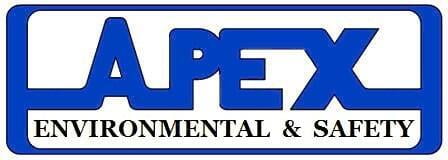Electrical safety is paramount in any workplace where electrical equipment and systems are present. Failure to follow proper safety procedures can result in severe injuries or even fatalities. To ensure the well-being of all personnel, it's crucial to adhere to strict electrical safety protocols.
Firstly, always de-energize electrical equipment before performing any maintenance or repair work. Lockout/tagout procedures must be followed to isolate the energy source and prevent accidental re-energization. Additionally, never assume that equipment is de-energized; always verify its status using appropriate testing equipment.
Secondly, inspect all electrical cords, plugs, and outlets for damage before each use. Frayed cords, exposed wires, or cracked insulation pose significant electrical hazards and should be replaced immediately. Furthermore, avoid overloading electrical circuits by using power strips and extension cords rated for the intended load.
Thirdly, maintain a safe distance from electrical panels and equipment to prevent accidental contact. Always use insulated tools when working on or near energized equipment, and wear appropriate personal protective equipment, including insulated gloves and safety glasses.
Lastly, never attempt electrical work beyond your level of training and expertise. Qualified electricians should handle complex electrical tasks to minimize the risk of accidents. By prioritizing electrical safety and following established protocols, we can prevent workplace injuries and ensure a safe working environment for all.
Sustainable Energy Use:
Sustainable energy use is crucial for mitigating climate change and reducing our reliance on finite fossil fuel resources. Embracing renewable energy sources such as solar, wind, and hydropower can significantly decrease our carbon footprint and promote environmental sustainability.
Implementing energy-efficient practices, such as upgrading to LED lighting, optimizing HVAC systems, and installing energy-efficient appliances, can also contribute to sustainable energy use. Additionally, adopting smart technologies like programmable thermostats and energy management systems can help optimize energy consumption and reduce waste.
Furthermore, promoting energy conservation behaviors among employees, such as turning off lights and equipment when not in use and practicing responsible energy management, is essential for achieving long-term sustainability goals.
By integrating sustainable energy practices into our operations and encouraging a culture of energy conservation, we can minimize our environmental impact and pave the way for a more sustainable future. Let's commit to responsible energy use and work towards building a greener and more resilient world for generations to come.

